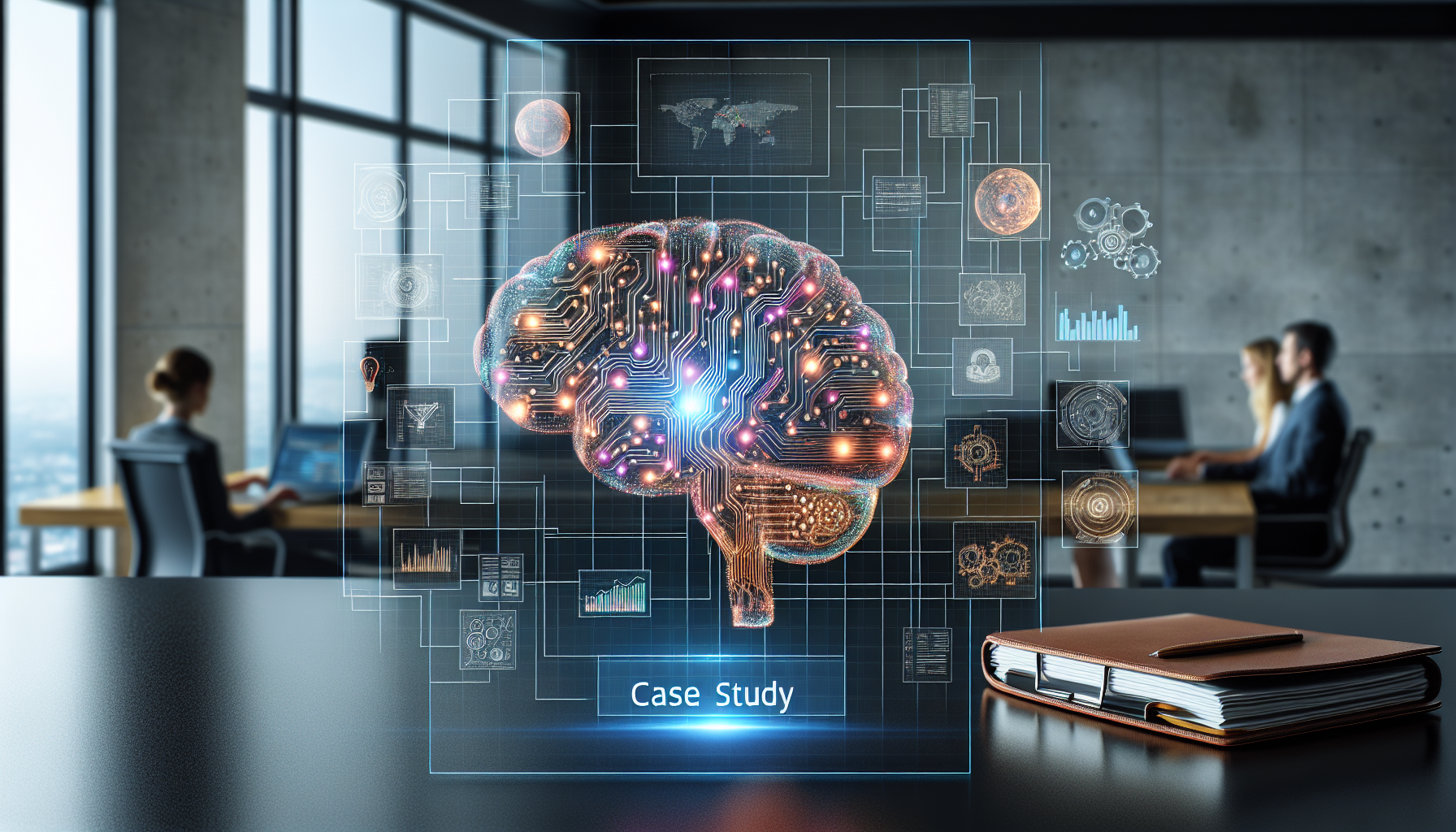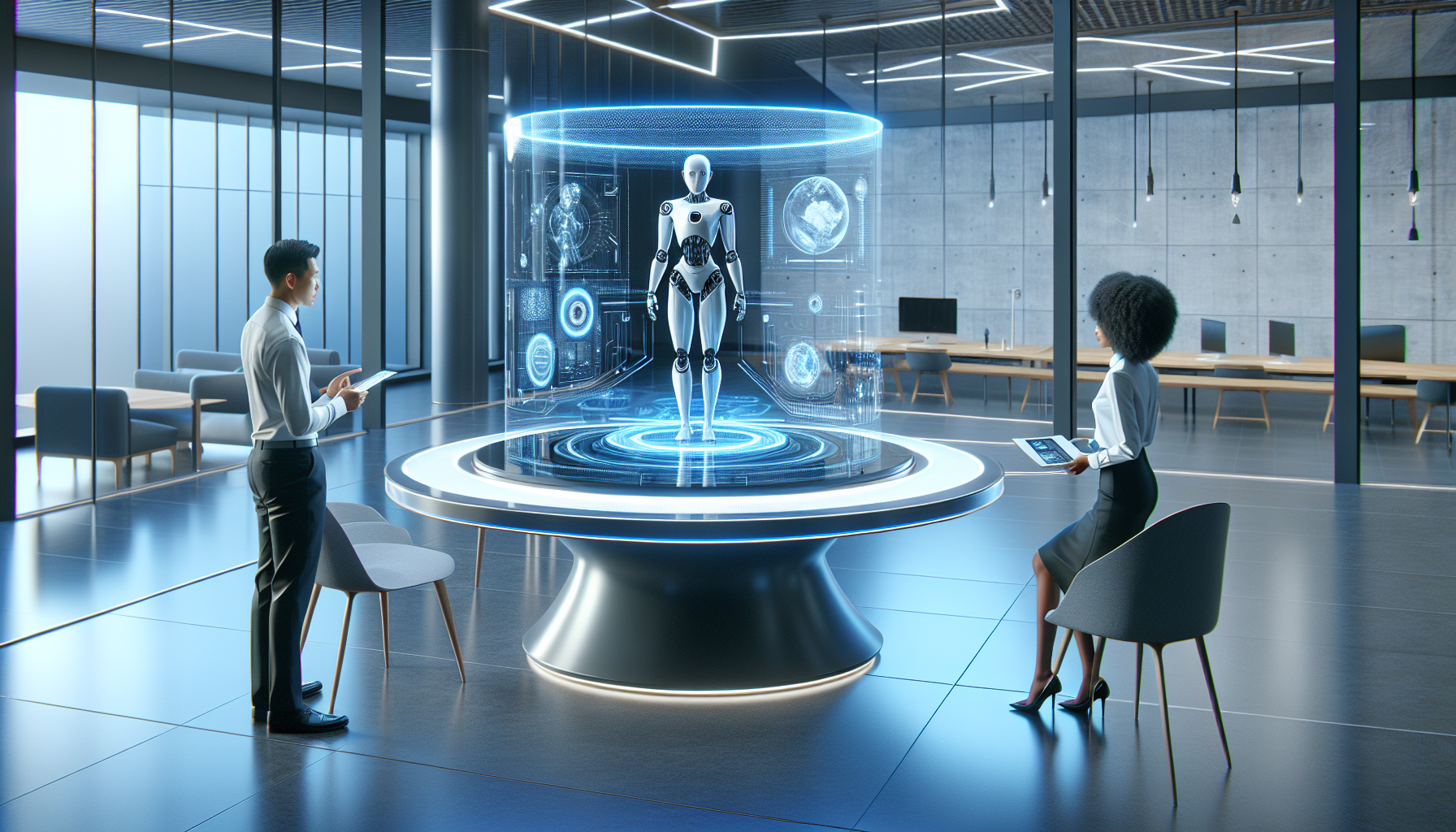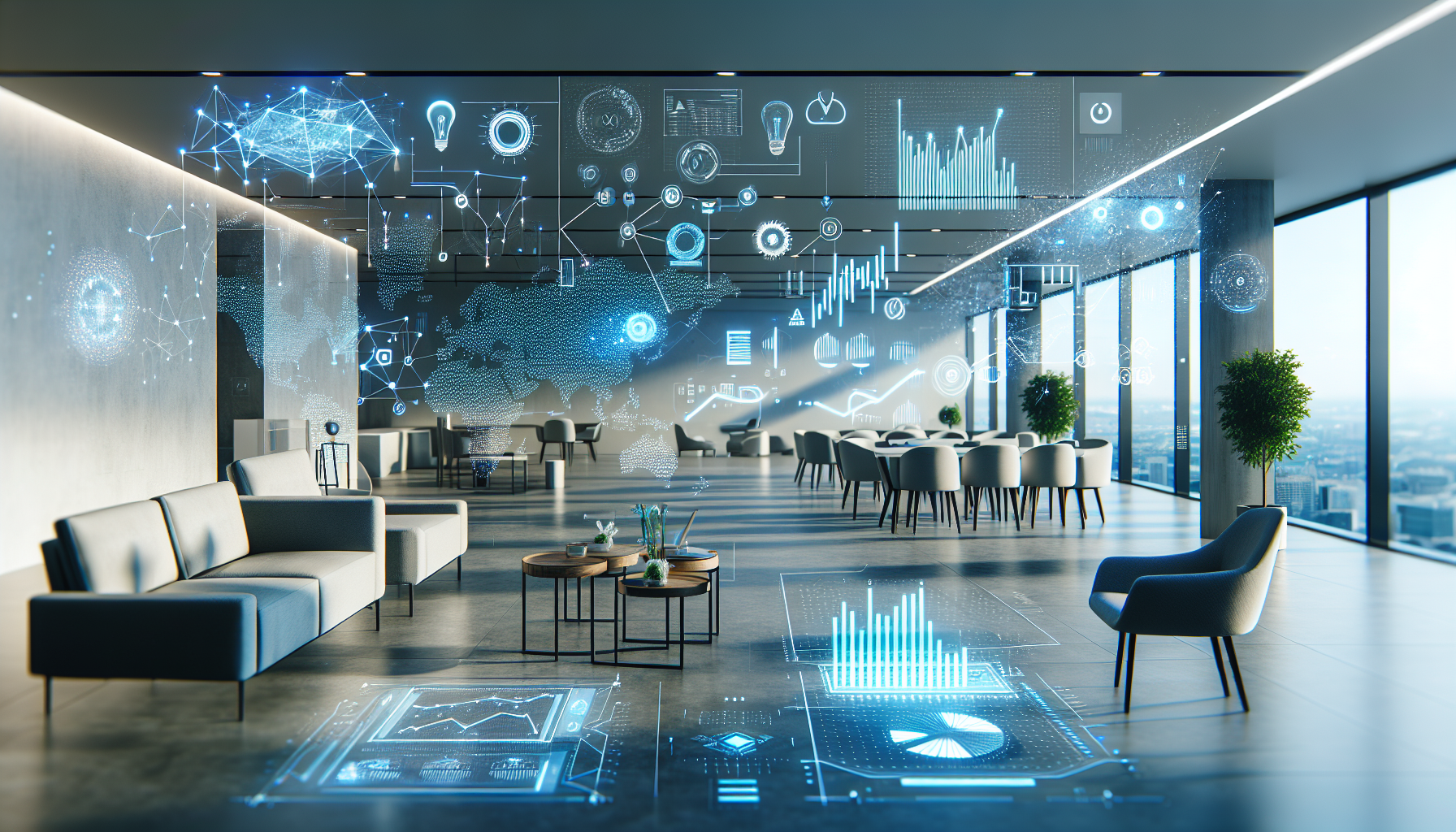
Smart Homes and AI: Revolutionizing the Way We Live
September 1, 2025
Imagine waking up to a home that anticipates your every need—your coffee is brewing as you step into the kitchen, the thermostat adjusts to your preferred temperature, and your favorite morning playlist begins to play softly in the background. This is not a scene from a speculative fiction novel but a reality in an increasing number of households today, thanks to the integration of artificial intelligence in smart homes.
The concept of smart homes is not merely about convenience; it's about creating an ecosystem that enhances the quality of life while promoting sustainability and energy efficiency. At the heart of this transformation is AI, a powerful tool that enables homes to learn, adapt, and evolve according to the habits and preferences of their inhabitants.
One compelling case study that highlights the transformative power of AI in smart homes is that of a family residing in a suburban neighborhood. They have fully embraced AI-driven technology to create a living environment that is not only intelligent but also intuitive. Their journey into the world of smart living began with a modest investment in a smart thermostat, which soon expanded into a comprehensive system that controls lighting, security, entertainment, and even kitchen appliances.
The family's experience underscores the profound impact of AI on energy consumption. By utilizing AI algorithms, their smart home system analyzes patterns to optimize energy usage. For instance, the lighting system adjusts based on natural light availability and occupancy, significantly reducing electricity bills. The thermostat learns from daily routines, ensuring that heating and cooling systems operate only when necessary, further cutting down on energy costs.
Security is another area where AI has made significant contributions. The family's home is equipped with an AI-powered surveillance system capable of distinguishing between familiar faces and potential intruders. This technology not only enhances safety but also provides peace of mind by sending real-time alerts and updates directly to the homeowners' smartphones. The system's ability to learn and adapt means it becomes more effective over time, constantly improving its accuracy and responsiveness.
Beyond practical benefits, AI in smart homes offers valuable insights into daily living patterns. For instance, the family's smart kitchen appliances track usage and suggest recipes based on available ingredients, reducing food waste and promoting healthier eating habits. This level of personalization extends to entertainment as well, where AI curates content recommendations tailored to the family's preferences, ensuring a more engaging and enjoyable experience.
Critics of AI in smart homes often raise concerns about privacy and data security. However, as demonstrated by this case study, many of these concerns can be mitigated through robust security measures and transparent data governance. The family has implemented end-to-end encryption and multi-factor authentication to safeguard their information, illustrating that with proactive measures, the benefits of AI far outweigh potential risks.
Moreover, the integration of AI in smart homes opens the door to greater accessibility for individuals with disabilities or those who require assisted living. Voice-activated controls and automated systems provide a newfound independence, allowing users to manage their environment with ease and dignity.
The potential for AI to redefine domestic life is vast, yet we are only scratching the surface of what is possible. As technology continues to advance, the capabilities of smart homes will expand, offering even more innovative solutions to everyday challenges. The case study of this suburban family serves as a testament to the transformative power of AI, illustrating how it can enhance comfort, efficiency, and security in our homes.
As we stand on the brink of a new era in home living, the question remains: how far are we willing to let AI shape our domestic landscape? The answer lies in our ability to balance innovation with ethical considerations, ensuring that the homes of the future are not only smart but also responsible and sustainable.


